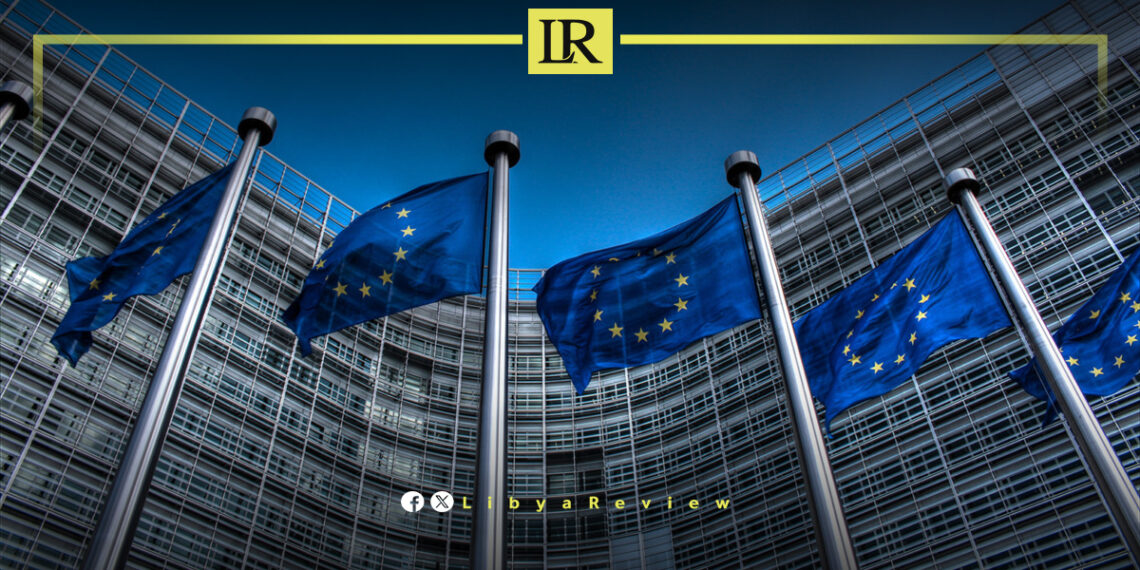The European Union (EU) and its member states have commended Libya for its recent progress in advancing human rights, expressing their support on the occasion of International Human Rights Day.
In an official statement, the EU acknowledged Libya’s efforts to address critical issues in this field, while emphasizing the importance of continued reforms to ensure fundamental rights and freedoms for all citizens.
The EU highlighted the need for a more inclusive approach to political freedoms, calling for the full participation of women in Libya’s political, economic, and social life.
Ensuring that all individuals can exercise their rights and realize their potential, the EU urged Libyan authorities to protect and nurture a thriving civil society across the country. Such efforts, the statement noted, are crucial for fostering a society where fundamental freedoms are respected and upheld.
The EU also called for swift action on essential legislative measures, including the adoption of a draft law to combat violence against women and the introduction of a new civil society law. Additionally, it urged Libya to ratify the International Convention for the Protection of All Persons from Enforced Disappearance and the Optional Protocol to the Convention Against Torture.
These reforms, according to the EU, would mark significant steps toward aligning Libya’s legal framework with international human rights standards.
Recent years have seen notable strides in promoting women’s empowerment and bolstering the role of civil society organizations. However, systemic barriers, restrictive regulations, and institutional limitations continue to hinder the realization of these goals.
The EU’s call to action reflects a broader concern about unresolved human rights issues in Libya, including cases of enforced disappearances and other violations. While there is clear momentum for reform, the country faces significant hurdles in addressing the legacy of past abuses and ensuring accountability.
As Libya continues its transition toward stability and democracy, it has a unique opportunity to establish a robust framework for protecting human rights.


